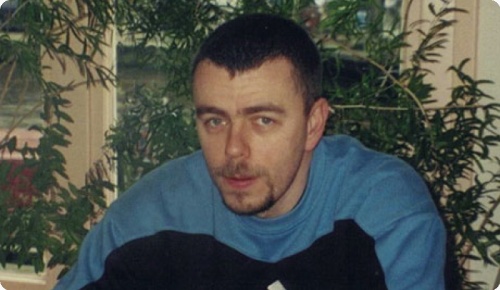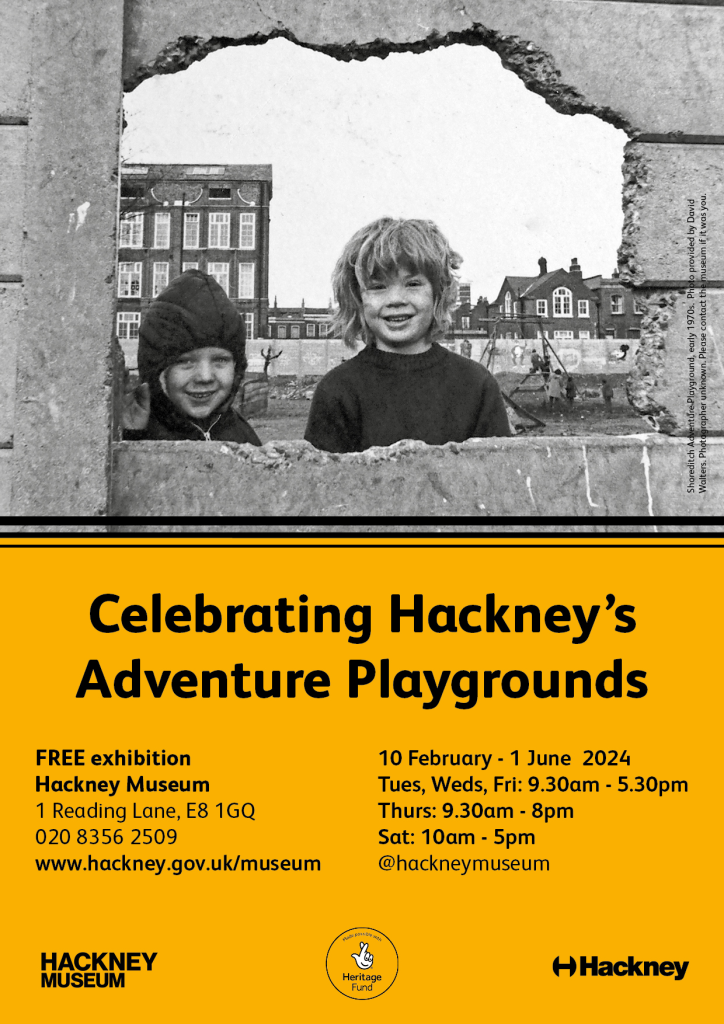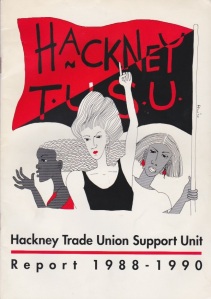From Chas :
I was on TV again today but this time regarding something more important than my book – the infiltration by an undercover police officer of Hackney Community Defence Association – for whom I was a volunteer 20 years ago – and other political campaigns in Hackney. I was briefly on BBC London news calling for a public inquiry into the activities of special branch at the time. I’m not complaining – it’s good to get any coverage for the issue – but its in the nature of these things that only a tiny portion of what you say gets used – so here’s what I wanted to say:
Hackney Community Defence Association was a voluntary organisation – a self help group for the victim of police crime. We exposed corruption (in particular Stoke Newington drug squad), took up cases of people framed by police officers and people beaten up by police officers. Our position was not anti police, it was that police officers should not be allowed to get away with criminal activity. I don’t think all coppers are bastards nor do I think there is a contradiction between campaigning against police crime and looking to the police to tackle crime – quite the opposite. There are brave police kind police , police who deal with absolute monsters, idiots and scum. I played a minor part in bringing to justice some corrupt and/or violent police officers and helping some innocent people get off. I have also caught a burglar, intervened to prevent a mugging, given evidence against another mugger and against someone guilty of assault.
I joined HCDA because I was wrongly arrested and falsely accused by two members of the TSG (riot police) and it was thanks to HCDA that I was able to find two witnesses for my defence and thanks to their support that I stood up to the advice of my barrister (who wanted me to lie) and told the truth in court and was acquitted. For four years (1990-4) I helped other people in a similar position.
Among the cases I recall were an arthritic woman thrown in the back of a police van and racially abused; a couple assaulted in Stoke Newington police station when they went to complain about an assault by police they had witnessed; a man beaten on the steps of his home in front of the editor of ITV’s London news programme and a vicar who both gave evidence in his defence (he was convicted as I recall of attacking the police even though he had been holding a baby at the time, but I may be misremembering) a bricklayer unable to work after a beating from police, who defied even our advice to get his day in court and won his case; a group of squatters systematically tortured in Stoke Newington police station after being (in most cases) wrongly arrested – this led to a police officer being jailed for assault (largely through the efforts of decent police disgusted by his actions), a police officer who made 2 grand a week selling crack; a police officer arrested driving a lorry load of weed through customs; police officers running protection rackets in Turkish gambling clubs.
Those are the ones that stand out in my mind. I saw bruised and beaten and distraught people given the support they needed to fight back and in many cases win. And I also saw people lose and be denied justice over and over again until all that was left was the sympathy of people who understood what they had been through. It’s all a long time ago now and I have not been involved in any of that for years.

Our office was burgled and only the computer hard drives were taken (we had a database of discredited officers) – on the wall they wrote ‘Hard Luck Matey’. We accused special branch but nobody listened. After I left HCDA to become an academic, a police officer joined the organisation undercover – he had access to confidential papers in legal cases in which the police were accused of crimes/misconduct; he became involved in running both campaigns for justice and a legitimate trade union attempt to reduce deaths of workers in the buildings industry. Merely by being involved he undermined those campaigns, I suspect deliberately but perhaps inadvertently as he tried to maintain his cover. He was centrally involved in a campaign to overturn the conviction of a man accused of killing his cell mate in a police station. That man complained of being spied on on several occasions to me. I thought he was paranoid. I was wrong.

Police Spy Mark Jenner
The undercover officer began a long-term relationship with one of my former colleagues who had no idea while he shared her bed that she was simply being used to bolster his cover. She wanted kids. He wasn’t up for it. A former colleague of mine told me he was being spied on and met me and some others in Clissold Park to discuss it because he thought his home was being bugged. I thought he was cracking up. At the end of the meeting as I got up to leave I saw a woman behind him taking a photo of her companion with me my friend and the rest of the group obviously in shot. I didn’t mention anything because I didn’t want to fuel his paranoia. Now I feel stupid and I wonder where that photo is.
HCDA was not trying to overthrow the state; it was not involved in criminal activity. It was an entirely legitimate organisation. What Special Branch did to us was particularly wrong because it was simply a police force spying on some of its most effective critics – what possible crime did they think they were preventing? But we weren’t the only ones with cause to complain.
The recent revelation of what Special Branch did to us and to many others are symptomatic of a society which is utterly corrupt. These actions are vile (in particular I think the sexual activity of these people amounts to rape – it’s certainly non consensual); they are illegal; they make a mockery of justice; they demonstrate a complete lack of democratic accountability; they are overtly political in a manner that is unacceptable for a police force in a democracy. They are a hugely disproportionate way of dealing with groups that were not involved in serious crime (if they were involved in crime at all). AND they are operationally dubious: these undercover officers tended to ‘make themselves useful’ to their targets (one of them drafted the McLibel leaflet, others are accused of criminal actions) they provided vans and expertise, they seem to have advocated more extreme acts in several cases, in order to gain credibility.
But the people we associate with influence our ideas and actions, so at what point could you rule out the possibility that a particular member of a group was taking part in an action because they had spent 4 years in the company of someone consistently trying to appear more radical and more committed? Incitement and entrapment can be more subtle than simply saying ‘lets go out and burn down a bank’.
If Special Branch are not properly held to account for all this we deserve to live in a dictatorship.
What am I asking for? – a public inquiry – preferably one in which the victims of undercover policing are involved – we have a long track record of successful investigation – we aren’t stupid, we are lawyers, academics, journalists etc now – we have the expertise and the experience to uncover the truth and only we can be trusted to do so. The then Met commissioner claims ignorance – all the more reason for a public inquiry.
What am I asking for – share this, quote this, read about what has happened. Don’t let anyone tell you it is over and could not happen again and take every opportunity to say the truth should come out.
The BBC described me as a former activist today. Not very edifying is it?
More info:
Police Spies Out of Lives campaign
Flowers In The Dustbin website
Hackney Community Defence Association info on this site.
(Recollections of the group from other people who were involved in HCDA are also welcome, as are additional documents – see the Wanted page for more info)


















